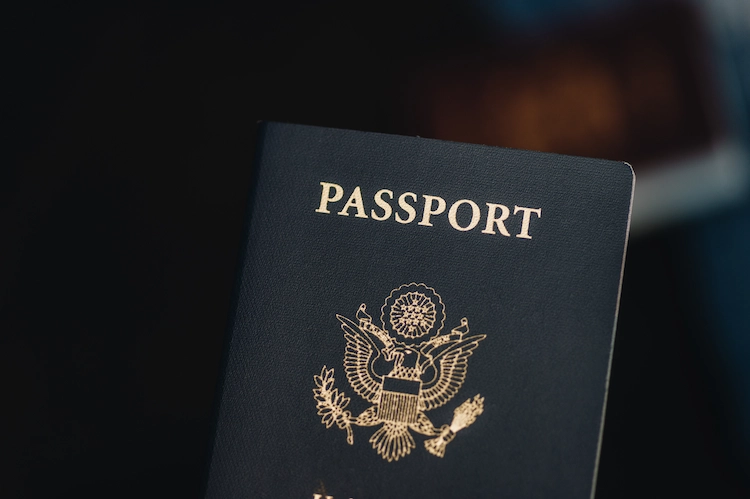Military Protest Case Tests Supreme Court’s Pro-First Amendment Stance

While the Roberts Court is widely viewed as pro-First Amendment, the justices showed little love for a military protestor in oral arguments held last week. The case, United States v. Apel, involves where to draw the line between military security and free speech rights.
John Dennis Apel was arrested for protesting outside of Vandenberg Air Force Base in California. Apel had previously been banned from the base after he threw blood on a base sign and crossed a green line that delineates the boundary of an authorized protest zone along the Pacific Coast Highway. The law under which Apel was prosecuted prohibits banned individuals from re-entering military installations.
However, the Ninth Circuit Court of Appeals overturned the conviction after finding that, due to easements granted by the federal government for a public roadway, the military base did not exclusively control the land on which Apel was arrested. “The federal government lacks the exclusive right of possession in the area on which the trespass allegedly occurred,” the opinion stated.
In oral arguments before the Supreme Court, the government focused on the Ninth Circuit’s interpretation of the military installation law. Meanwhile, Erwin Chemerinsky, Mr. Apel’s attorney and dean of the University of California Irvine School of Law, framed the case on First Amendment grounds.
“This is a case about the right to peacefully protest on a fully open public road, in a designated protest zone,” he argued.
However, the justices vehemently attempted to sidestep the larger constitutional issue in favor of deciding the case on statutory grounds. With regard to the First Amendment argument, Justice Antonin Scalia plainly stated, “You can raise it, but we don’t have to listen to it.”
Accordingly, the bulk of the justices’ questioning revolved around the federal statute under which Apel was arrested and the extent of the power of the military to deny access to its facilities. Undeterred, Chemerinsky returned to Apel’s right to free speech when concluding his argument. “Like so many cases to come before you, this one is about where do you draw the line,” he said. “Here the government has drawn the line, and it’s a green line. Now, on this side of the green line, there is a First Amendment right to speak.”
So while the Supreme Court may be able to initially sidestep the weighty constitutional issues, should the government prevail in overturning the Ninth Circuit, the First Amendment issues are certain to resurface.
Previous Articles
SCOTUS Holds Wire Fraud Statute Doesn’t Require Proof Victim Suffered Economic Loss
by DONALD SCARINCI on June 24, 2025
In Kousisis v. United States, 605 U.S. ____ (2025), the U.S. Supreme Court held that a defendant wh...
SCOTUS Holds Wire Fraud Statute Doesn’t Require Proof Victim Suffered Economic Loss
by DONALD SCARINCI on June 17, 2025
In Kousisis v. United States, 605 U.S. ____ (2025), the U.S. Supreme Court held that a defendant wh...
SCOTUS Considers Birthright Citizenship
by DONALD SCARINCI on June 13, 2025
On May 15, 2025, the U.S. Supreme Court heard oral arguments in Trump v. CASA, Inc., Trump v. Washi...
The Amendments
-
Amendment1
- Establishment ClauseFree Exercise Clause
- Freedom of Speech
- Freedoms of Press
- Freedom of Assembly, and Petitition
-
Amendment2
- The Right to Bear Arms
-
Amendment4
- Unreasonable Searches and Seizures
-
Amendment5
- Due Process
- Eminent Domain
- Rights of Criminal Defendants
Preamble to the Bill of Rights
Congress of the United States begun and held at the City of New-York, on Wednesday the fourth of March, one thousand seven hundred and eighty nine.
THE Conventions of a number of the States, having at the time of their adopting the Constitution, expressed a desire, in order to prevent misconstruction or abuse of its powers, that further declaratory and restrictive clauses should be added: And as extending the ground of public confidence in the Government, will best ensure the beneficent ends of its institution.





